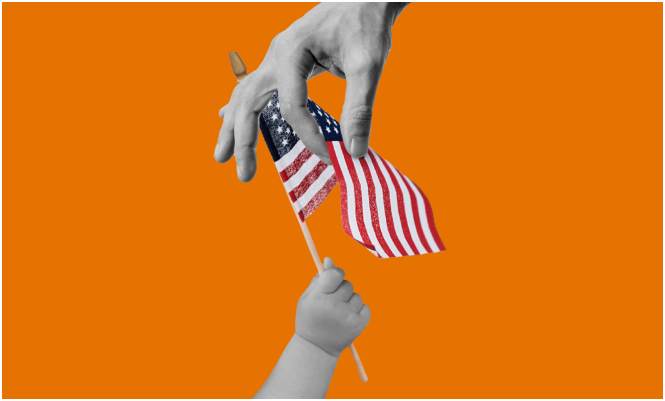A third federal judge has blocked President Donald Trump’s executive order seeking to end birthright citizenship for children born in the U.S. to parents who are in the country illegally.
The latest ruling, issued Monday, February 10, 2025, by U.S. District Judge Joseph N. Laplante in New Hampshire, follows similar decisions by judges in Seattle and Maryland last week.
Judge Laplante, a Republican-appointed jurist, said he was unpersuaded by the Trump administration’s defense of the order and intends to issue a more detailed preliminary injunction explaining his reasoning.
Legal Challenges Mount Against Birthright Citizenship Ban
The American Civil Liberties Union (ACLU) and several immigrant rights organizations filed lawsuits challenging the executive order, arguing that it violates the U.S. Constitution. The lawsuits claim the order contradicts the 14th Amendment’s guarantee of birthright citizenship, which has been upheld for more than a century.
“The rule of law is, according to him, something to navigate around or something ignored, whether that be for political or personal gain,” said U.S. District Judge John C. Coughenour of Seattle, who blocked the order last week.
The Trump administration contends that children of noncitizens are not “subject to the jurisdiction” of the U.S. and therefore do not qualify for automatic citizenship.
Despite the rulings against the order, the administration has already filed an appeal against the Seattle-based decision and is expected to challenge additional rulings.
The 14th Amendment and Birthright Citizenship Precedents
The cases hinge on the interpretation of the 14th Amendment, which was ratified in 1868 after the Civil War. The U.S. Supreme Court has long affirmed birthright citizenship, most notably in United States v. Wong Kim Ark (1898), which held that children born on U.S. soil—except for diplomats, occupying enemy forces, and sovereign Native American tribes—are automatically U.S. citizens.
Judge Laplante acknowledged the strength of arguments on both sides but ultimately sided with the plaintiffs.
“I think the rule of law is best served, best maintained and preserved when excellent practitioners present their arguments to the court with all the experience, expertise, and knowledge they can muster,” Laplante stated.
What’s Next?
A federal judge in Boston is currently weighing arguments in a separate lawsuit filed by 18 states. Meanwhile, the Trump administration is expected to escalate its appeals, setting the stage for a potential Supreme Court battle over birthright citizenship.
With at least nine lawsuits challenging the executive order, the legal fight is far from over. Immigration advocates warn that any erosion of birthright citizenship could set a dangerous precedent, while the administration argues it is necessary to curb illegal immigration and protect national sovereignty.

